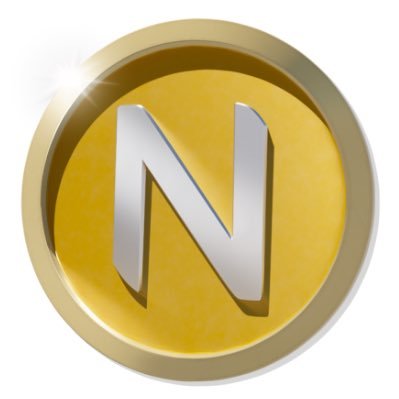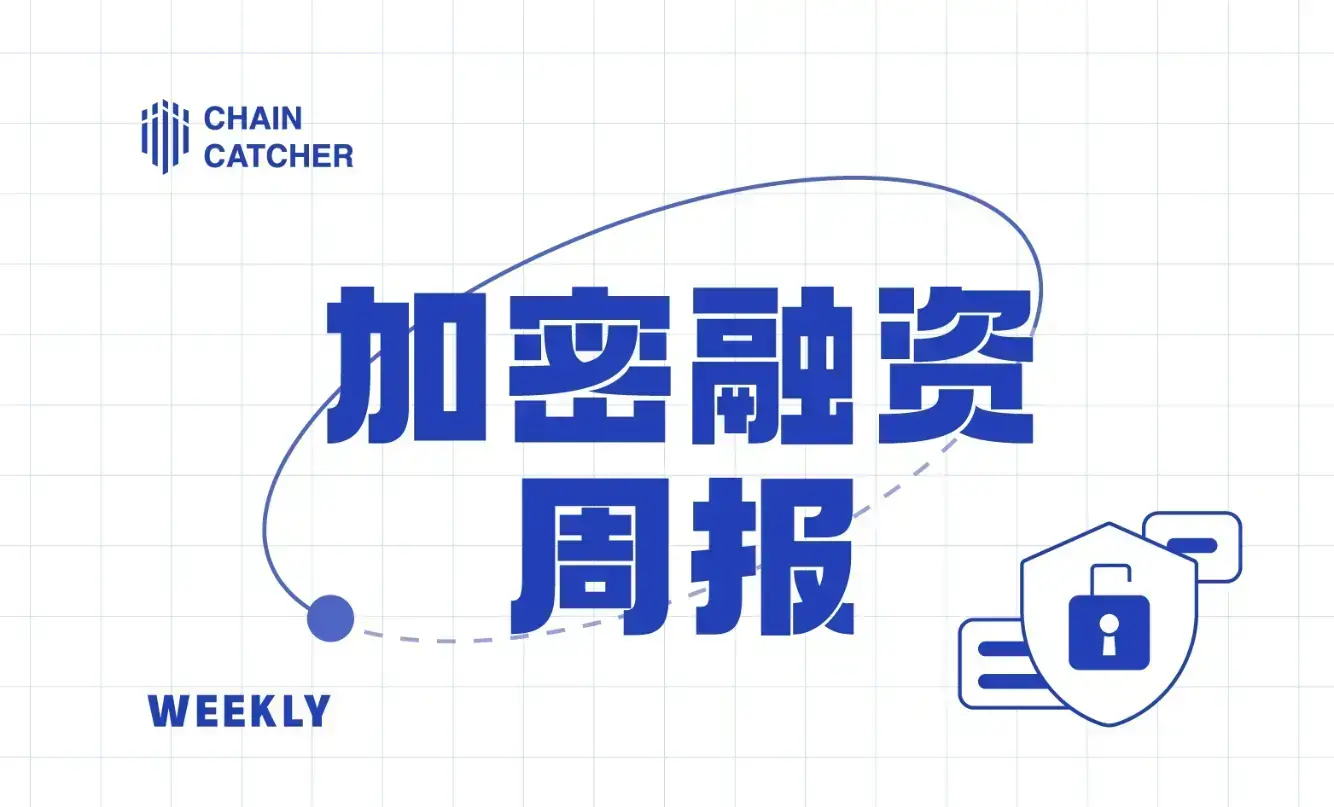The FA Cup in England plans to establish an NFT platform to analyze the business model of the integration of sports and Web3
Author: veDAO Research Institute
The Football Association (FA) is the main governing body for amateur and professional football in England, and the FA Cup is the oldest football competition in the world. Recently, an announcement on the FA's official website indicated that the FA has issued a request for proposals to find a long-term NFT platform partner, with plans to establish a new long-term NFT platform.
The combination of sports and Web3 has matured significantly over the past few years, with ongoing cultivation of market and consumer readiness. A recent survey showed that sports fans are now ready to invest in NFTs that have real value. This article will analyze the business models of the integration of sports and Web3, examine the reasons and scenarios for their successful combination, how they interact and influence each other, and share potential future business scenarios.
1. Current Web3 Sports Integration Scenarios
The sports industry is now inseparable from the internet, with Web2 having changed the way fans consume sports, and the influence of Web3 will continue to do so in the future. In recent years, major sports organizations have eagerly embraced Web3 technology, introducing cutting-edge technologies and creating innovative gameplay. Current excellent project categories related to Web3 sports include:
1. Traditional Sports NFTs
As early as July 2020, the NBA (National Basketball Association) partnered with Dapper Labs to launch a series of officially licensed NFTs, primarily aimed at highlighting the individual aura of athletes and commemorating key games and other significant moments.
The NBA peaked in the development of NFT trading cards through the NBA Top Shot platform, where users actively buy and trade NFT player cards or NFTs centered around signature moves of star players. Data shows that within eight months of the platform's launch, the user base reached millions, with trading volume exceeding $700 million. By May 2022, NBA Top Shot sales had surpassed $1 billion.
In addition to NBA basketball, in August 2022, the NFL (National Football League) partnered with Dapper Labs to launch NFL All Day. Dapper Labs also has similar partnerships with UFC (Ultimate Fighting Championship), LaLiga, and the English Premier League. Various official sports associations or clubs are participating in the NFT market in different forms, whether by collaborating to issue NFTs or building NFT trading platforms to connect with fans.

2. Web3 Sports Games
The football gaming platform Sorare gained immense popularity after its launch in 2019, using NFTs to represent football stars, allowing players to purchase officially certified NFT virtual football player cards on the Sorare platform, acting as team managers to build their custom dream teams. Players can also participate in various football competitions on the platform, and if they win, they can earn new cards and ETH rewards. This Web3 football game promotes interaction among players and fans in a new way.
According to public information, Sorare has completed three rounds of financing, raising $4 million in a seed round in 2020, $50 million in a Series A round in 2021, and $680 million in a Series B round led by SoftBank in 2021 (valued at $4.3 billion). The Series B round broke the record for the largest financing amount for a French tech company.
As of July 2023, the Sorare platform has accumulated a total of 3.7 million gamers, and its game content has expanded to include NBA, MLB, and more. Sorare has partnered with over a hundred clubs and continues to collaborate with superstars, such as French footballer Kylian Mbappé, who has promoted the platform, attracting many traditional Web2 fans to join Sorare and embark on their Web3 journey.

3. XR Live Sports Events
With the rapid development of XR technology and the impact of the pandemic in recent years, the market demand for XR live sports events has been increasing, and its integration with Web3 allows users to experience the event as if they were present at the venue, receiving real commemorative ticket NFTs and even special series NFTs.
For example, last year, the Serie A league live-streamed the match between AC Milan and Fiorentina on the metaverse platform Nemesis, becoming the world's first live sports event in the metaverse. Additionally, UEFA held an esports bidding competition for teenagers on Roblox, expressing the hope to communicate intuitively with young people through metaverse competitions. Currently, there is a global push for XR boundary-less event experiences, with applications of this technology including metaverse live streaming, providing audiences with a more convenient and immersive viewing experience.

4. Commercial Endorsements
In 2021, the cryptocurrency platform Crypto.com, known for its crypto credit card, spent $700 million to acquire the naming rights for the iconic sports venue of the Los Angeles Lakers and Clippers—STAPLES Center—for 20 years, renaming it Crypto.com Arena.
The collapsed FTX also made significant moves in sports strategy, signing a 19-year naming rights agreement worth $135 million in March 2021, renaming the Miami Heat's home arena to "FTX Arena."
Famous sportswear manufacturer Adidas featured an NFT character of a bored ape alongside football stars Lionel Messi and Karim Benzema in its advertisements during the Qatar World Cup. Additionally, the aforementioned Mbappé has endorsed Sorare, and many star players have collaborated with Web3 platforms, not only expanding the influence of Web3 and the platforms but also driving the sports industry from Web2 to Web3, creating many new ways to interact with fans.

2. Advantages of Combining Web3 and Sports
In terms of fan engagement and tokenization, Web3 will enable fans to interact with their favorite teams and athletes in exciting new ways. Blockchain-based fan tokens and digital collectibles can incentivize fan engagement and loyalty. Fans can use these tokens to participate in polls, contests, and even influence team decisions. This will provide sports organizations with new revenue streams and offer fans a more personalized experience.
In ticketing and merchandise sales, Web3 technology can make ticketing and merchandise sales more secure and efficient. Blockchain-based ticketing systems can prevent fraud and scalping while allowing tickets to be resold in a transparent and decentralized manner. Similarly, blockchain-based sales systems can ensure product authenticity and facilitate seamless transactions between buyers and sellers.
Regarding athletes, an increasing number of superstar athletes are being defined and shaped, whether through their exceptional professional abilities or the marketing potential injected by digital and AI knowledge systems. Web3 will enable athletes to better control their careers and tokenize their personal brands, representing another unique realization of value.
In terms of multi-party collaboration in the sports market, smart contracts can facilitate contracts between athletes and teams, as well as sponsorships and endorsements. Sports smart contracts are self-executing digital contracts that allow two or more parties to exchange assets or information transparently and securely without intermediaries. These contracts are also built using blockchain technology, which creates tamper-proof and immutable transaction records. This can make complex multi-dimensional business collaborations more efficient and transparent, forming a clear commercial network with high security and increased value for all parties involved.
In terms of information data, Web3 can provide a more transparent and decentralized system for collecting and analyzing sports data. Blockchain-based data storage and analysis can prevent data tampering and provide fairer compensation based on athletes' performances. This can enable new forms of sports betting and prediction markets that are fairer and more just, making them more acceptable to both speculators and fan supporters.
It is even conceivable to apply DAO governance in the sports industry, allowing fans and stakeholders to participate in decision-making and profit-sharing, using Web3 technology to achieve a fairer distribution of power and wealth in the sports industry, creating a more democratic and decentralized governance system.

3. Potential Future Business Models
Many officials have mentioned in interviews about their cooperation with Web3 platforms that this shift towards Web3 will help generate new long-term revenue, which can be reinvested into competitions for their benefit. They hope to create new interactive ways for fans using the latest blockchain technology to attract more new viewers and fans. More business cooperation models are bound to emerge in the future, but they will ultimately revolve around two key aspects: fans and competitions. Here are a few potential future models:
1. Address VIP
Users can participate in all sports event activities based on their addresses, including NFT tickets, NFT star collectibles, Web3 sports games, Web3 sports forums, and more. When a project connects almost all Web3 sports-related project data, it can form address data for user addresses. Based on various dimensional data of that address, such as the number of tickets owned, the quantity and value of NFT collectibles, the number of games participated in, levels, wins, and activity levels in forums, VIP levels can be scored. Users with higher VIP levels correspond to greater loyalty and passion as fans, and even different tracks and clubs can be categorized.
2. Watch to Earn
With the increasingly mature technology for live event broadcasts, users can earn rewards by watching games online. This can also be combined with NFT event tickets and decentralized prediction betting, providing users with convenient integrated services. Watching games becomes more convenient, and viewers can earn rewards, which can be used for betting, making it likely to be very popular with a large market.
3. DAO Governance
In the future, it is entirely possible that Web3 DAO organizations will own teams, effectively making the DAO organization a shareholder of the team, with fans potentially becoming members of the DAO. Operating a team in a more transparent and democratic manner through smart contracts with players, all members' earnings can be distributed according to the contract. Fans will be more dedicated and loyal to the team, and governing the team through democratic self-governance can create value from their passions and receive dividends, which will undoubtedly attract many fans.
4. Conclusion
The impact of Web 3.0 on the sports industry is broad and profound, and the integration of the two is a trend of technological advancement. The ability to connect with fans and followers in real-time and gain insights into customer behavior has changed the way businesses operate within the sports industry. As we move into the future, it is clear that the role of technology will only continue to grow Web3's presence in sports business.













